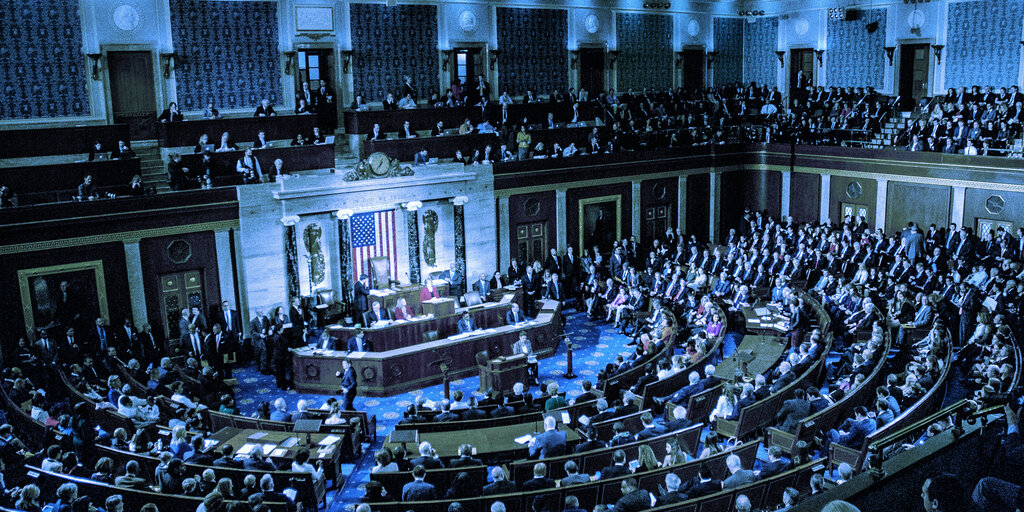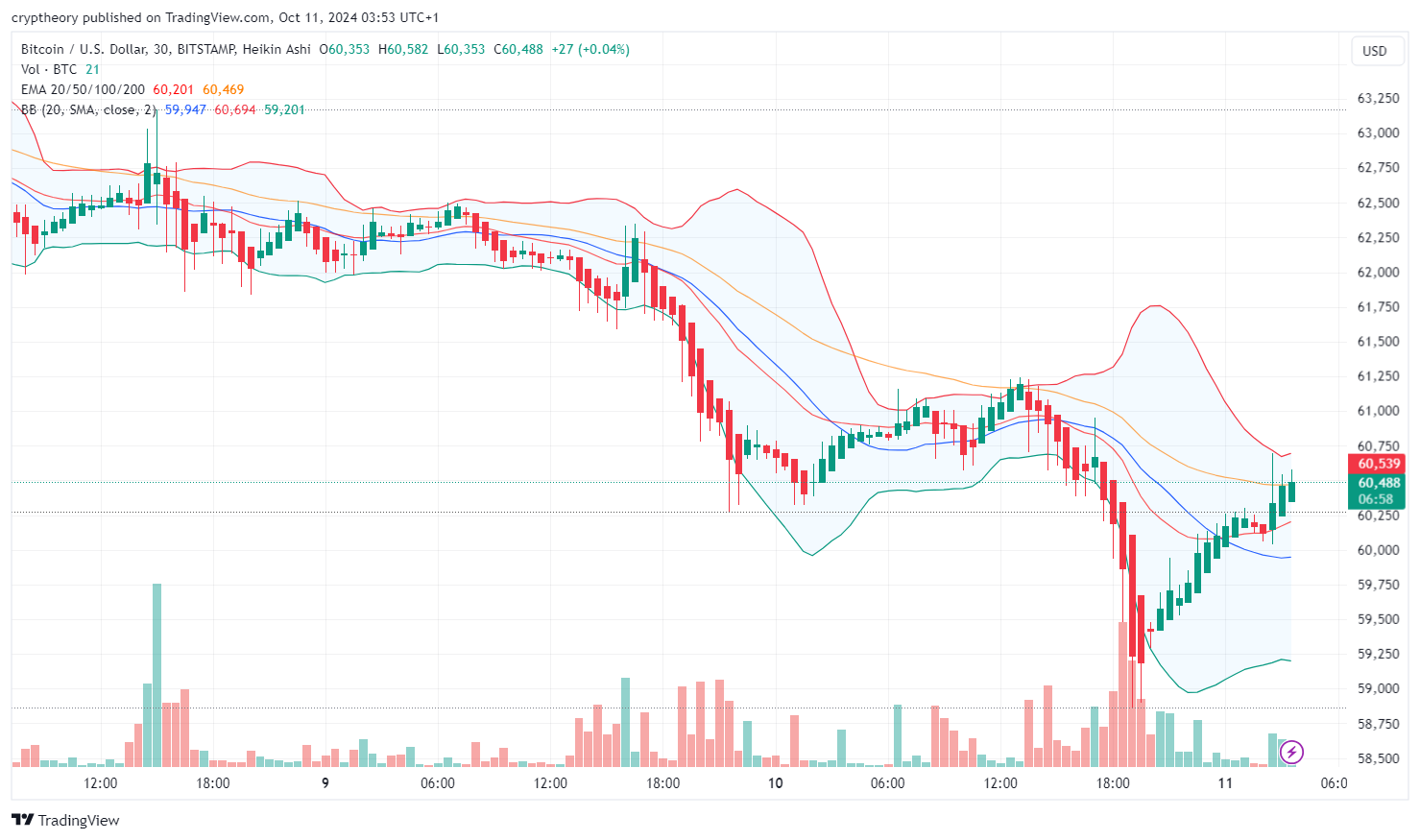In a surprise move, the Biden Administration threw its support behind an amendment to a major bill in the U.S. Senate that would subject a broad segment of the crypto industry to onerous or even impossible tax reporting obligations.
The amendment in question, put forward by Senators Rob Portman (R-Oh) and Mark Warner (D-Va), would provide an exemption from the tax reporting obligation but only to validators and developers who worked on proof-of-work networks—effectively favoring BTC over other networks that use proof-of-stake and other consensus mechanisms.
The final fate of the pair of crypto amendments is still in flux, however, as Sen. Lummis said a vote—which was expected to take place on Thursday night—will now likely come on Saturday.
While the delay provides the crypto industry a short window to mobilize against the Portman amendment, the Biden endorsement—which came in a statement from the White House—will make it harder to defeat.
The Portman amendment, and the Biden Administration’s endorsement of it, blind-sided the crypto industry, which had earlier on Thursday been in a celebratory mood after an earlier amendment—proposed by Senators Ron Wyden (D-Or), Pat Toomey (R-Pa) and Cynthia Lummis (R-Wy)—appeared on the cusp of passing.
The Toomey proposal would have exempted a broad category of crypto miners and developers from being considered “brokers” who must report customers’ tax obligations. You can read the wording of both proposed amendments in this tweet.
Portman’s proposal to include only proof-of-work projects within the exemption is unpopular in the crypto industry because many projects in the decentralized finance (DeFi) space do not, and often cannot, identify their customers so making them subject to tax reporting could force them to shut down or leave the U.S.
Some have suggested that the Portman plan is an “attack on DeFi” while Wyden noted that it would hurt the climate by favoring the most energy-intensive segment of crypto, and also hurt innovation.
Ryan Selkis, the founder of research firm Messari, suggested that crypto opponents in the U.S. government were pursuing an even more cynical plan. Namely, he claimed their plan is to cripple the industry by banning proof-of-stake networks (like ETH will soon be) on compliance grounds, and then attack BTC by means environment policy:
Step 1: Ban PoS under the guise of “tax compliance”
Step 2: Ban PoW under the guise of “environmental compliance”
Clever, likely effective. Back to wartime unfortunately. These people make me sick. I’m going to bed.
— Ryan Selkis (@twobitidiot) August 6, 2021
While many in the crypto world expressed disgust or despair over Thursday’s developments, some vowed to challenge the law in court if the Portman amendment passes, or to get around it by writing small bits of proof-of-work code into proof-of-stake projects.
The controversy over the rival crypto amendments came as part of a much larger process in the U.S. Senate, which is working to pass a bipartisan infrastructure bill in the next few days. While the bill is focused on things like roads and bridges, it affects the crypto industry because of a requirement that Congress must explain how they will pay for various projects—in this case, the Senators have stated they will raise $28 billion of the bill’s $550 billion price tag by collecting more tax from crypto.
As the debate over the crypto amendment moves to a finale on Saturday, influential players in the crypto industry have already begun putting out statements warning of the consequences if the Portman-Warner plan goes forward. Those include the venture capital firm Andreessen Horowtiz, which has bet heavily on the crypto industry:
“If the last-minute amendment to the Infrastructure Bill introduced by Senator Warner passes, it will be a stunning loss for America and our ability to remain the innovation epicenter of the world. The proposed amendment recklessly imposes an unworkable reporting requirement on the shoulders of software developers and proof-of-stake blockchain validators,” said the firm in a statement.






















